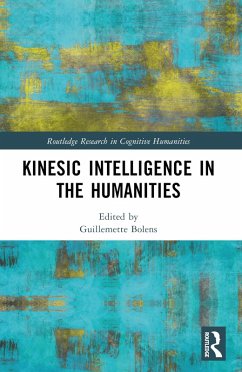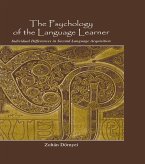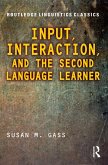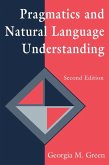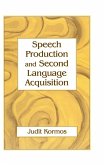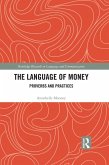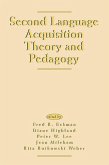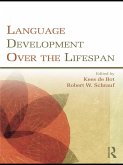The book defines kinesic intelligence as a higher-order intellectual competence that allows human beings to interact and grow cognitively and intersubjectively through sensorimotricity and interpersonal movement. Understood in this way, kinesic intelligence can offer insights into the development of humans' meaning-making abilities and, in turn, society and culture more broadly. Recognizing the power of the humanities in furthering sociocultural development, the collection features perspectives from scholars across a range of topics, including the multimodality of language acquisition in children; young adults in clinical psychology and medical humanities; nonverbal communication in history; legal language and reasoning; literature and cognitive studies; the internet and multispecies anthropology; and sensoriality in history and art.
Foregrounding the impact of the humanities in promoting new understandings of human intelligence, this volume will be of interest to scholars in cognitive legal and literary studies, multimodality, anthropology, history, medical humanities, and those with an interest in the real-world impact of the humanities.
Dieser Download kann aus rechtlichen Gründen nur mit Rechnungsadresse in A, B, BG, CY, CZ, D, DK, EW, E, FIN, F, GR, HR, H, IRL, I, LT, L, LR, M, NL, PL, P, R, S, SLO, SK ausgeliefert werden.

